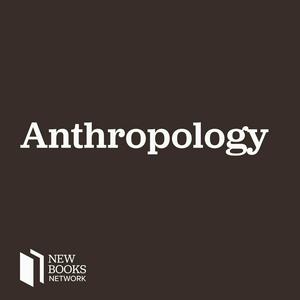Karine Gagné, "Caring for Glaciers: Land, Animals, and Humanity in the Himalayas" (U Washington Press, 2019)
In her new book, Caring for Glaciers: Land, Animals, and Humanity in the Himalayas (University of Washington Press, 2019), Karine Gagné explores how relations of reciprocity between land, humans, animals, and glaciers foster an ethics of care in the Himalayan communities of Ladakh. She explores the way these relations are changing due to climate change, the growth of the wage economy at the expense of traditional agricultural and pastoral lifestyles, and increased military presence resulting from Ladakh's status as a border area. This book will be of interest to those who are interested in the anthropology of ethics, ethics in Buddhist communities, and the anthropology of climate change.
Kate Hartmann is a PhD candidate in Buddhist Studies at Harvard University. Her work explores issues of perception and materiality in Tibetan pilgrimage literature, and she can be reached at
[email protected].
Learn more about your ad choices. Visit megaphone.fm/adchoices
Support our show by becoming a premium member! https://newbooksnetwork.supportingcast.fm/anthropology


